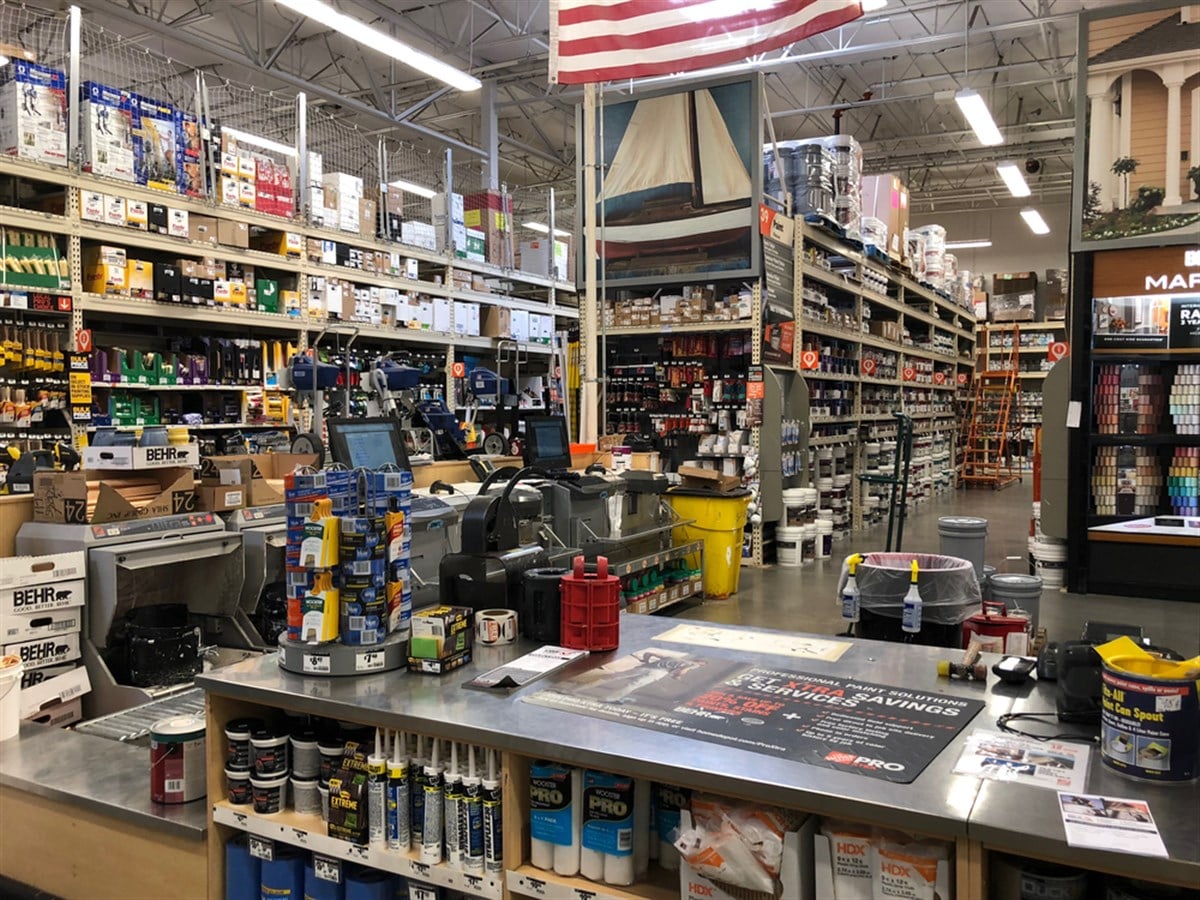
The home improvement sector is a cornerstone of the retail industry, and its success is closely tied to the vibrancy of the housing market, the construction sector and homeowner preferences. Two giants dominate this landscape: Home Depot (NYSE: HD) and Lowe's (NYSE: LOW). These two companies have become synonymous with professional and do-it-yourself renovations, providing many products and services that empower homeowners and contractors.
Home Depot vs. Lowe's: What the Key Metrics Tell Investors
A comparison of Home Depot and Lowe's financial metrics reveals notable differences in their valuation, profitability and financial positions. Lowe's trades at a significantly lower price-to-earnings (P/E) ratio than Home Depot. This could indicate that investors perceive Lowe's stock as undervalued relative to its earnings potential or may be factoring in slower anticipated growth compared to its larger competitor. While both companies offer dividends, Home Depot boasts a slightly higher dividend yield.
This may be attractive to income-seeking investors, although those focused on a dividend must assess both companies' histories of dividend growth and payout stability. Lowes stands out as a "dividend aristocrat" with a remarkable history of dividend increases spanning over five decades. In contrast, Home Depot has a commendable track record of increasing dividends for the past fifteen years. Both companies exhibit a solid commitment to rewarding shareholders through consistent dividend growth.
Profitability analysis paints a contrasting picture. Home Depot enjoys an exceptionally high return on equity (ROE), demonstrating exceptional efficiency in converting shareholder investments into profits. In contrast, Lowe's negative ROE is a red flag. This could stem from several factors, including recent losses, unsustainable levels of debt, or inefficient resource allocation.
Regarding debt, Home Depot's higher debt-to-equity ratio suggests it relies more heavily on borrowed funds than Lowe's. While some debt is typical for large corporations, excessive leverage can make a company vulnerable to rising interest rates and economic downturns.
Market Sentiment and Valuation
Investor sentiment plays a significant role in stock prices. When it comes to Home Depot and Lowe's, several factors illuminate current market perceptions. Analysts generally hold a slightly more bullish outlook on Lowe's stock, reflected in its marginally higher consensus price target and somewhat more favorable rating distribution. It's crucial to remember that price targets and ratings can change, so investors should seek out recent analyst reports to understand the logic behind these projections.
Additionally, Home Depot has recently received greater media attention and maintains a slightly more positive overall sentiment score than Lowe's. While media coverage doesn't directly translate to stock performance, a favorable public image can sometimes influence short-term investor enthusiasm.
It's also important to consider risk tolerance. Home Depot's financials show a lower beta (0.99), indicating its stock price is traditionally less volatile than the broader market. Lowe's financials show a higher beta (1.13), which means it might experience more dramatic price swings in either direction, potentially offering a greater upside but also carrying more risk. Current market sentiment leans slightly more favorably toward Lowe's upside potential.
Strategic Moves: Charting the Course for Growth
Both Home Depot and Lowe's recognize the ever-changing landscape of the home improvement industry and are actively implementing strategies to drive growth. Home Depot’s headlines recently revealed a significant acquisition. In a $18.3 billion deal, the company acquired SRS Distribution, a leading distributor of building products, signaling a strategic focus on expanding its reach within the professional contractor market. Industry analysts believe this acquisition has the potential to strengthen Home Depot's market share and accelerate growth in the lucrative professional segment.
Lowe's is taking an innovative approach to growth, partnering with DoorDash to enhance its delivery capabilities. This partnership positions Lowe's as the first home improvement retailer on the DoorDash platform, potentially attracting new customers seeking convenience and fast delivery for home improvement projects.
This acquisition and partnership highlight Home Depot and Lowe's different paths. Home Depot is pursuing growth partly through acquisition, aiming to capture a greater professional market share. Lowe's seems focused on innovative partnerships and organic growth initiatives, emphasizing convenience and customer experience. Investors should consider how these differing approaches might impact each company's performance and ability to adapt to changing consumer preferences.
Headwinds in the Home Improvement Sector
Home Depot and Lowe's acknowledge a slowdown in sales growth during their recent earnings releases. This moderated growth comes after several years of exceptional performance within the home improvement sector. Key figures from their earnings reports reveal a decline in both overall sales and comparable sales, indicating a broader market shift. Analysts attribute this slowdown to factors such as rising interest rates, dampening home renovation spending and an overall housing market softening. Investors must consider whether these headwinds are temporary or point towards a longer-term change in the home improvement landscape.
Shareholder Focus: Dividends and Buybacks
Despite the recent market challenges, Home Depot and Lowe's remain committed to rewarding shareholders. Both companies announced dividend increases, demonstrating a continued focus on returning value to investors. In addition to dividends, significant stock repurchases throughout 2023 further support their respective stock prices. Income-seeking investors may find these payouts attractive, but balancing those returns against potential long-term growth prospects is essential, especially within a changing market.
Home Depot and Lowe's are navigating shifting economic tides within the home improvement sector. While both boast solid fundamentals, their strategies for addressing these challenges diverge. Investors should closely monitor how effectively each company executes its strategic initiatives and adapts to evolving consumer behaviors within a potentially moderating growth environment. The ability to weather near-term headwinds and seize opportunities in the volatile home improvement sector will likely determine which stock offers the greater long-term potential.













